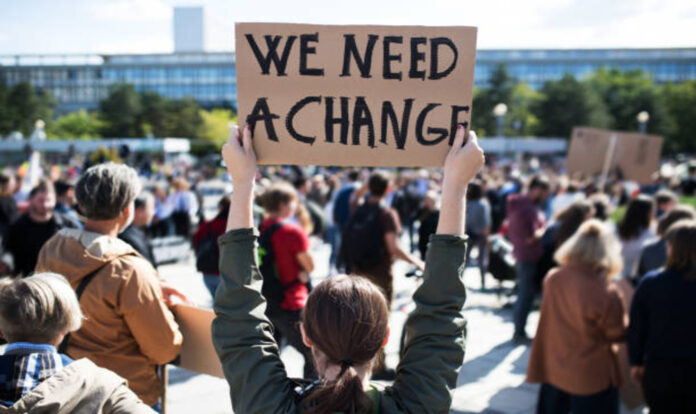In a recent landmark decision, the US Supreme Court has issued a ruling that prohibits the use of race and ethnicity as factors in university admissions. This decision has elicited contrasting responses from Democrats and Republicans, with President Joe Biden expressing strong criticism while his predecessor, Donald Trump, lauds it as a “great day for America.” The Supreme Court’s ruling strikes at the core of a longstanding practice that aimed to enhance educational opportunities for African-Americans and other minorities. By banning the consideration of race in admissions, the court has dealt a significant blow to the decades-old approach.
While universities may still take into account an applicant’s personal experiences, making race a predominant factor in the decision-making process has been deemed unconstitutional and discriminatory by Chief Justice John Roberts, who wrote the majority opinion. President Biden has voiced his dissent against the decision, emphasizing the importance of racial diversity in higher education. He argues that colleges are at their strongest when they embrace students from various backgrounds, as diversity fosters a rich learning environment and prepares graduates for the complexities of an increasingly multicultural society.
The president’s stance reflects his broader commitment to advancing equity and inclusion in all areas of American life. On the other hand, former President Trump lauded the Supreme Court ruling, characterizing it as a “great day for America.” Trump’s perspective aligns with his previous criticisms of affirmative action policies, which he deemed as reverse discrimination. For Trump, the decision signifies a step towards a more merit-based admissions process, where individual qualifications and achievements take precedence over considerations of race or ethnicity.
The divergent reactions from Democrats and Republicans underscore the deep ideological divide on issues of race, equality, and the role of affirmative action in achieving a fairer society. While Democrats believe that affirmative action policies contribute to rectifying historical inequities and promoting diversity, Republicans argue that such policies perpetuate discrimination and undermine the principles of meritocracy. The Supreme Court’s ruling is likely to have far-reaching implications for the future of affirmative action in university admissions.
It sets a precedent that challenges the current approach, forcing institutions to rethink their practices and potentially adopt alternative strategies for promoting diversity on campus. As the debate continues, it remains to be seen how universities will navigate the new legal landscape and ensure equal access to education while upholding the principles of fairness and non-discrimination. The decision’s impact on college campuses and the pursuit of diversity will undoubtedly shape discussions and policies surrounding admissions processes for years to come.


